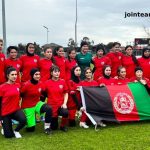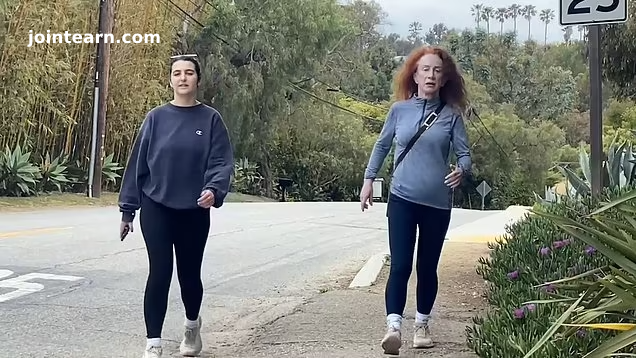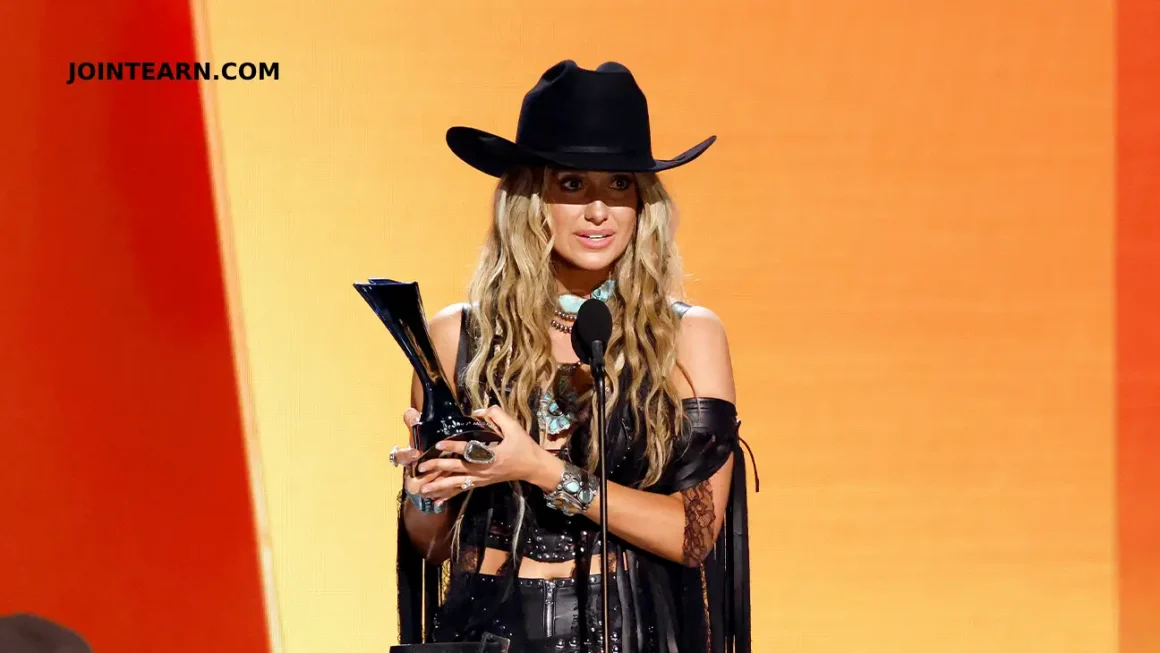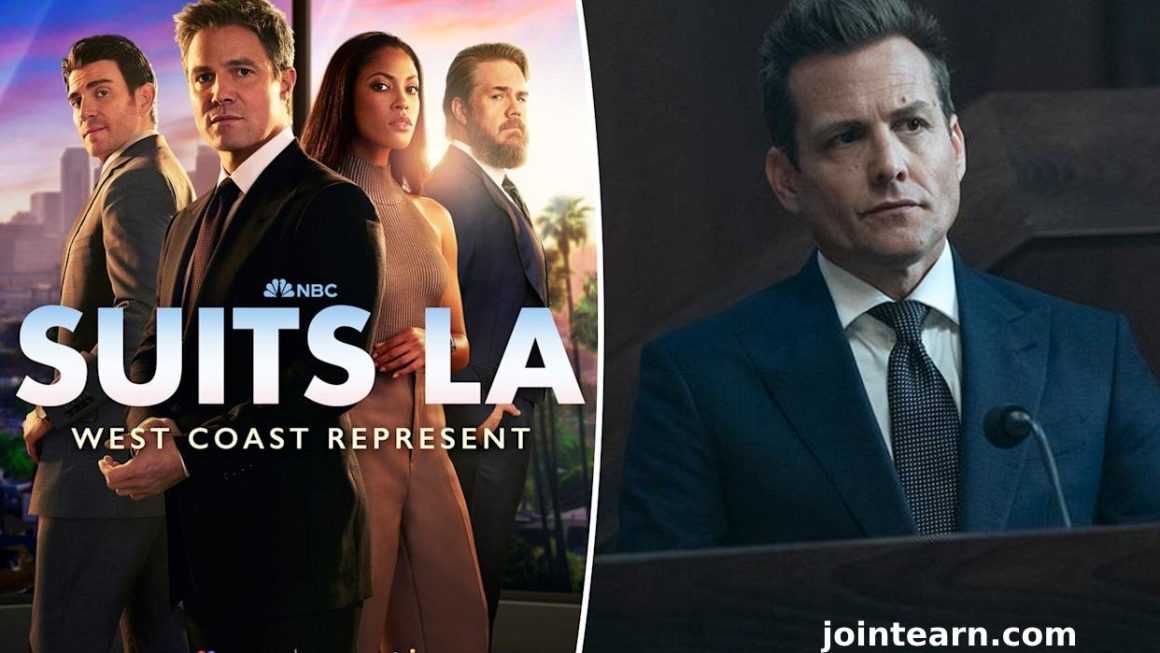Popular Nigerian comedian and filmmaker, Mark Angel, has thrown a bold challenge at the Economic and Financial Crimes Commission (EFCC), demanding that the anti-graft agency present evidence of any official invitation sent to social media influencer VeryDarkMan (VDM) prior to his recent arrest.
This call comes amid growing public concern and online protests over the circumstances surrounding VeryDarkMan’s detention. The influencer, known for his controversial takes on social issues and high-profile individuals, was reportedly arrested by the EFCC over allegations related to cyberbullying and defamation. However, details of the arrest remain sketchy, and the EFCC’s official communication has been limited.
In a video that has since gone viral on social media, Mark Angel criticized the EFCC’s approach, calling it high-handed and lacking transparency. Speaking directly to the Commission, the comedian said: “If you say you invited him, show us the letter. Let Nigerians see it. Show us evidence that you invited VeryDarkMan before picking him up.”
Angel further questioned the legality and ethics of the arrest, stating that while no one is above the law, due process must be followed, especially by an agency tasked with upholding the law. “The EFCC should not operate like a gang in a movie. If someone broke the law, charge them. But don’t go about arresting people secretly and then claim you invited them.”
The comedian’s statement echoes growing sentiments among a segment of the Nigerian public who have taken to social media with the hashtag #FreeVeryDarkMan. Supporters argue that the arrest appears to be an attempt to silence a critic who has never been afraid to speak truth to power.
VeryDarkMan, whose real name is yet to be widely known to the public, has built a large online following by wading into controversial discussions, often challenging powerful figures in Nigeria’s entertainment and political scenes. His brash style and unapologetic commentary have made him a divisive figure—praised by some as fearless and condemned by others as reckless.
The EFCC, in a brief press release following the arrest, claimed that VDM was taken in for questioning after failing to honor a prior invitation related to ongoing investigations. However, the Commission has yet to release any supporting documentation or provide further details about the nature of the investigation.
Mark Angel, addressing this lack of transparency, insisted that the EFCC owes Nigerians a duty of accountability. “If there was truly an invitation, it should not be hard to produce it. The public deserves to know. This is not just about VeryDarkMan. It’s about how we are all treated in this country.”
Legal experts have also weighed in, with some noting that the constitution guarantees the right to personal liberty and due process. A Lagos-based human rights lawyer, who preferred to remain anonymous, told journalists that the EFCC’s pattern of arresting citizens before presenting charges is becoming increasingly worrisome. “It’s not just about the law; it’s about setting a precedent. Institutions must operate within the bounds of their legal mandates,” the lawyer said.
Meanwhile, supporters of the Commission argue that VDM’s approach to content creation often crosses legal lines, especially regarding defamation and cyberbullying. They say the EFCC, like any law enforcement agency, has the authority to investigate and prosecute offenses under its jurisdiction. However, critics maintain that this authority should never be exercised arbitrarily.
As of the time of this report, VeryDarkMan’s legal team has not issued a formal statement, but sources close to the influencer suggest that steps are being taken to secure his release through legal means. There is growing anticipation for a court appearance or formal charges that will provide clarity on the case.
The EFCC has not responded to Mark Angel’s demand for evidence of the invitation, nor has it commented on the wave of public backlash that followed the arrest. However, insiders suggest that the agency is under pressure to handle the case with greater transparency due to the high-profile nature of the detainee and the public’s intense scrutiny.
In a nation where law enforcement agencies are often accused of abuse of power, this unfolding case continues to stir debate about the balance between freedom of expression and the need for accountability in digital spaces.
Whether Mark Angel’s challenge will prompt a more open response from the EFCC remains to be seen, but one thing is clear: Nigerians are watching closely.










